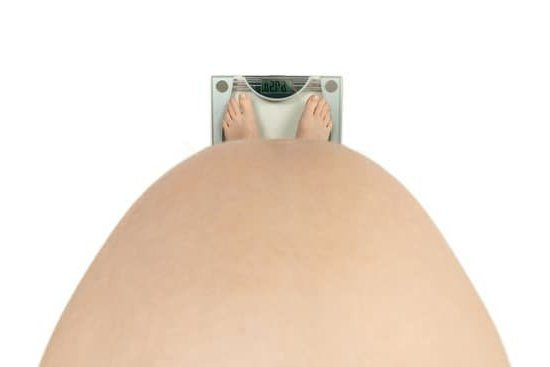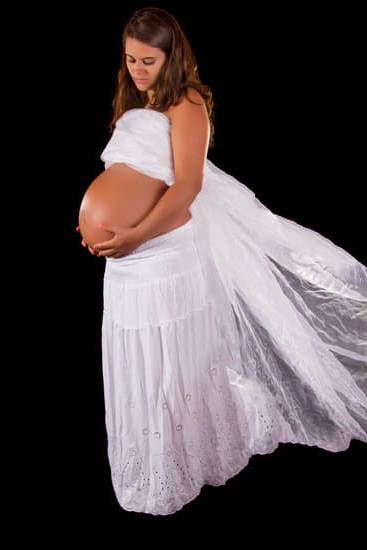There are many reasons why couples may want to undergo fertility testing. The most common reasons are if the woman is age 35 or older, if the couple has been trying to conceive for more than a year, or if the woman has irregular periods. However, there are many other reasons a couple may want to test their fertility. For example, if the woman has been diagnosed with endometriosis, if the man has a low sperm count, or if either partner has had a previous miscarriage, fertility testing may be recommended.
There are a variety of fertility testing kits available on the market. Some of the most common tests include a home ovulation test, a home sperm count test, and a hysterosalpingogram (HSG).
The home ovulation test is used to determine when a woman is most fertile. This test measures the level of luteinizing hormone (LH) in a woman’s urine. LH is a hormone that increases just before ovulation. A woman is most likely to conceive if she has intercourse on the day that the test shows a positive result.
The home sperm count test is used to measure the number of sperm in a man’s ejaculate. A low sperm count is one of the most common causes of infertility in men.
The hysterosalpingogram (HSG) is a test that is used to evaluate the shape and size of the uterus and to check for blockages in the fallopian tubes. This test is performed by injecting a dye into the uterus and then taking x-rays.
If a couple is considering undergoing fertility treatment, they will likely need to undergo more comprehensive testing. This may include a laparoscopy, which is a surgery that is used to inspect the inside of the abdomen, or a sperm analysis, which is a test that is used to measure the quality and quantity of sperm.
Icd-10 Code For Fertility Treatment
There are a variety of fertility treatments that are available to couples who are trying to conceive. Fertility treatments can include medications, surgery, or assisted reproductive technologies (ART).
One common fertility treatment is in vitro fertilization (IVF). IVF is a process in which a woman’s eggs are removed from her body and combined with sperm in a lab. The resulting embryos are then transferred back into the woman’s body.
Another common fertility treatment is artificial insemination (AI). AI is a process in which sperm is inserted into a woman’s vagina to help her conceive.
There are a variety of ICD-10 codes that can be used to bill for fertility treatments. The following are some of the most common ICD-10 codes for fertility treatments:
Ovarian stimulation with gonadotropins:
Gonadotropins are a type of hormone that is used to stimulate the ovaries. There are a variety of ICD-10 codes that can be used to bill for ovarian stimulation with gonadotropins, including the following:
• Hormone therapy, female, unspecified
• Hormone therapy, pituitary, unspecified
• Ovarian stimulation with gonadotropins
In vitro fertilization:
There are a variety of ICD-10 codes that can be used to bill for in vitro fertilization, including the following:
• In vitro fertilization
• Assisted reproductive technology, unspecified
• Infertility, female, unspecified
• Infertility, male, unspecified
Artificial insemination:
There are a variety of ICD-10 codes that can be used to bill for artificial insemination, including the following:
• Artificial insemination
• Intrauterine insemination
• Infertility, male, unspecified
• Infertility, female, unspecified
Pink Stork Fertility Tea
was created with one goal in mind: to help couples conceive naturally. The tea is a unique blend of all-natural herbs that have been used for centuries to help promote fertility.
The tea contains herbs like red raspberry leaf, which has been shown to help tone the uterus and support healthy pregnancy; and ginger, which has been shown to help improve blood flow and circulation. These and other herbs in the tea help to support the body in its natural ability to conceive.
The tea can be enjoyed by both men and women, and can be used as a pre-conception tea or as part of a fertility-supporting program. It is an excellent choice for couples who are trying to conceive naturally, and is also safe for use during pregnancy and nursing.
If you are trying to conceive, Pink Stork Fertility Tea is a great choice to help promote fertility and support a healthy pregnancy.
Arc Fertility Costs
There is a lot of discussion about the cost of fertility treatments. Arc Fertility is one of the most expensive fertility clinics in the country. What are the costs of fertility treatments at Arc Fertility?
The cost of fertility treatments at Arc Fertility vary depending on the treatment that is needed. Arc Fertility offers a wide range of fertility treatments, from basic fertility treatments to the most advanced treatments. The cost of a basic fertility treatment at Arc Fertility is $4,500. The cost of the most advanced fertility treatment at Arc Fertility is $19,500.
The cost of fertility treatments at Arc Fertility is not cheap, but the clinic offers some of the most advanced fertility treatments in the country. If you are looking for the best chance of getting pregnant, Arc Fertility is the clinic for you.
What Ritual Is Performed To Promote Fertility
There is no one answer to this question, as the fertility rituals practiced around the world vary greatly. However, many fertility rituals are designed to promote the release of creative energy, or to create a sense of harmony and balance in the body and mind. Some rituals also aim to cleanse the body of negative energy and prepare it for the coming of a new life.
One example of a fertility ritual is the Chinese custom of eating dumplings on New Year’s Day. Dumplings are thought to resemble purses, and are said to be filled with wealth and good luck. In many parts of China, it is considered especially lucky to eat dumplings on New Year’s Day. This ritual is believed to promote fertility and bring good luck to couples trying to conceive.
Another example of a fertility ritual is the Hindu tradition of smearing the body with turmeric. This ritual is said to purify the body and promote conception. Additionally, many Hindus believe that the act of conception should be a joyous one, and that couples should celebrate the upcoming arrival of a new child. There are many other fertility rituals practiced around the world, each with its own unique symbolism and purpose.
Whether you are trying to conceive or not, it can be fun to participate in a fertility ritual or two. They can be a way to connect with your own body and promote positive energy and well-being. If you are trying to conceive, it is important to consult with your doctor to see what fertility rituals may be right for you.

Welcome to my fertility blog. This is a space where I will be sharing my experiences as I navigate through the world of fertility treatments, as well as provide information and resources about fertility and pregnancy.





